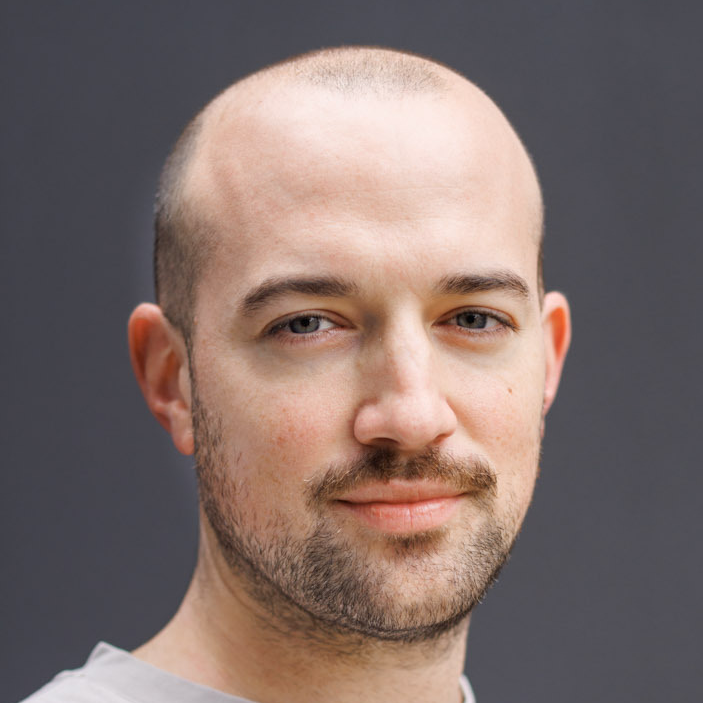FAQ: How to join Our World in Data's data team
Last updated in April 2024.
I often receive emails asking for advice on the best ways to join Our World in Data (OWID) as a data scientist or how to build a stronger profile before applying. This article answers the most frequent questions people ask me.
Is OWID hiring right now? How can I know when a new position opens?
Even though our team has grown a lot, we still rarely open new positions — typically a handful of times per year. You will always find them on our Jobs page, and we will advertise them in our newsletter. You can also follow us on Twitter or LinkedIn, where we will usually advertise new positions multiple times.
How much programming do I need to know?
Data wrangling in Python/pandas is the fundamental work that OWID’s data scientists have to do. Therefore, it’s essential to master this if you’re considering joining us. You don’t need other programming languages beyond Python. In fact, “Python and nothing else” is a much better profile for us than “everything but Python”. But your application will stand out if you’re already comfortable using a terminal and basic bash commands, have some experience with version control systems — especially GitHub — and have a working knowledge of SQL.
Can I apply if I know R/Stata/SPSS/Julia, but not Python?
We used to hire data scientists who did not know Python but knew other statistical programming languages. However, our data pipeline now relies exclusively on Python, so we only hire data scientists who can comfortably use it.
How much ML, AI, or cloud computing do I need to know?
Many of our data scientists have some ML/AI/cloud experience, but none of these skills are essential to what we do. We work with small datasets by industry standards, and your skills don’t need to be at the absolute cutting edge of data science and cloud services.
How much statistics do I need to know?
We want to hire data scientists with excellent data literacy, and you should understand statistical techniques essential to academic research, such as confidence intervals. But we don’t use more advanced statistics than this.
How much data viz experience do I need?
Data visualization is a core part of our work, and you should be comfortable with its broad principles and good practices. But we tend to focus 90% of our efforts on producing simple maps or line charts with perfect titles, footnotes, and annotations; more so than creating never-seen-before data viz formats.
How much research experience do I need?
You don’t need years of experience in academia to join us. Still, over time, I’ve found that a solid understanding of academic research correlates very highly with being a successful data scientist at OWID. This could mean having done some research yourself (for example, a Ph.D.), but more simply, you could have acquired this knowledge by participating in a research project or reading a lot of academic papers.
Another very helpful thing is having worked with some of our key sources of data, such as the World Bank’s World Development Indicators or Poverty and Inequality Platform, the UN’s Sustainable Development Goals dataset or World Population Prospects, the WHO’s Global Health Observatory or Global Health Estimates, the Global Carbon Budget, the Statistical Review of World Energy, etc.
Do I need a Ph.D.?
You don’t need a Ph.D. Half of our data scientists, including myself, don’t have one. The reason why the other half do have one isn’t because it’s a requirement, but because having a Ph.D. is strongly correlated with other characteristics we look for in candidates: a very good understanding of research methods, experience with academic datasets, good skills in science communication, an ability to work autonomously, etc.
What other skills do you look for?
Beyond the skills that are useful to perform well in any job, here are some that are particularly important to OWID’s work:
- fluency in English;
- good data judgment (attention to detail, thoughtful tradeoffs between data quantity and quality, careful and systematic thinking in situations where there is no perfect solution);
- very good knowledge of data visualization principles and good practices;
- intellectual curiosity, openness to new ideas and topics;
- flexibility to receive feedback, learn from new evidence, and change one’s mind;
- ability and drive to work without supervision;
- proactivity, assertiveness;
- a good understanding of Our World in Data’s work and alignment with our mission.
Which books would you recommend I read?
- Hannah Ritchie, Not the End of the World
- Hans Rosling, Factfulness
- Nate Silver, The Signal and the Noise
- Julia Galef, The Scout Mindset
If OWID has no open positions, where can I look for similar jobs?
If you want to work at an organization similar to OWID, I recommend the 80,000 Hours job board. 80,000 Hours is a nonprofit that provides free advice and support to have a greater impact on your career. Many of the opportunities listed on their job board are related to data and research.
How can I get some practice before applying for jobs?
I recommend checking whether there is some kind of “Data for Good” or “Tech for Good” community near you. These groups are typically composed of people who volunteer to use their skills to work on interesting projects for a few weeks or months alongside their day jobs. While the range of projects may include more or less important and interesting problems, it’s generally a good way to meet like-minded people, get more experience, and enrich your CV.
